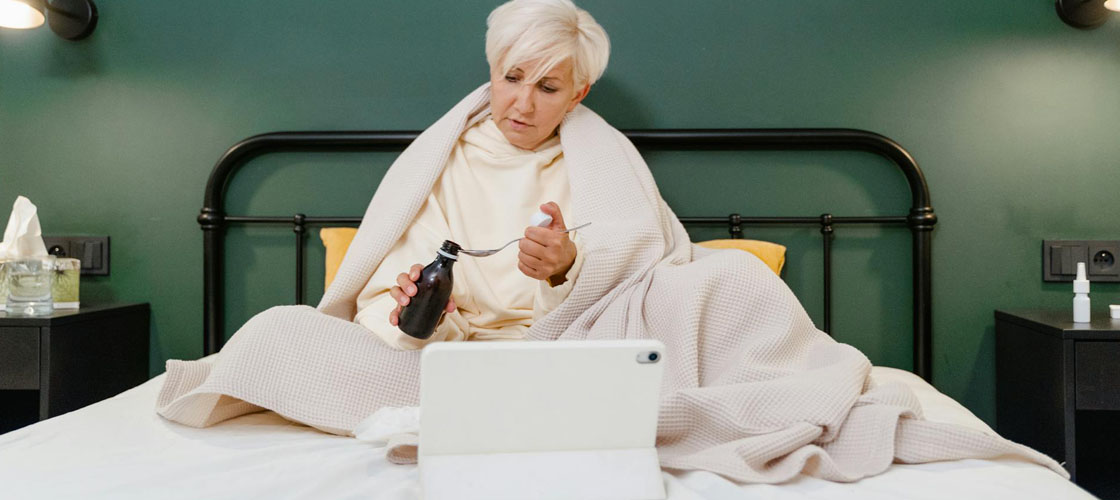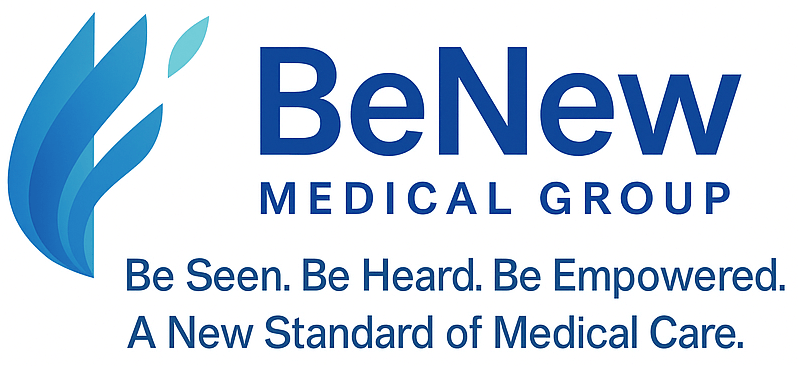Motion sickness is a common disturbance of the inner ear that is caused by repeated motion such as the swell of the sea, the movement of a car, or the motion of turbulent air on a plane. It can make traveling uncomfortable and deter people from enjoying voyages and trips. This comprehensive guide discusses effective prevention techniques for motion sickness, particularly focusing on how telemedicine and teleconsultation can aid travelers in managing and preventing symptoms effectively.
Understanding Motion Sickness
What is Motion Sickness?
Motion sickness occurs when there is a disconnect between what your eyes see and what your inner ears, which help with balance, sense. This can cause dizziness, nausea, and even vomiting. Common among travelers, motion sickness can affect anyone regardless of age or travel experience.
Proven Prevention Techniques
Medications for Motion Sickness
Over-the-Counter Remedies:
- Antihistamines: Medications like meclizine and dimenhydrinate are commonly used to prevent and treat symptoms of motion sickness. They work best if taken before travel.
- Scopolamine Patches: A prescription patch that can be applied behind the ear for up to three days, offering prolonged protection from nausea.
Behavioral Techniques
Behavioral Adjustments to Reduce Symptoms:
- Choose Your Seat Wisely: Opt for seats where motion is felt least. In airplanes, the middle seats over the wings are the most stable. On ships, lower level cabins near the center are usually less affected by the rocking motion of the sea.
- Focus on the Horizon: Looking at a stable object or the horizon can help the senses realign and reduce symptoms of disorientation.
- Avoid Reading: Focusing on a stationary object inside a moving vehicle can exacerbate symptoms. Instead, look out the window or close your eyes to rest.
Lifestyle Adjustments
Dietary Considerations Before Traveling:
- Eat Light Meals: Heavy, spicy, or fat-rich foods can worsen motion sickness. Opt for light, bland foods before and during your trip.
- Stay Hydrated: Dehydration can worsen symptoms of motion sickness. Drink water regularly, but avoid excessive alcohol or very sweet beverages.

Using Technology and Telemedicine
Teleconsultation Services for Travelers:
- Pre-Travel Consultation: Utilize telemedicine platforms like BeNewTelemedicine to consult with healthcare providers about the best motion sickness medications and strategies according to your health history and travel plans.
- Follow-Up Services: In case of severe motion sickness, travelers can use teleconsultation services for follow-up care and adjustments to their treatment plans.
Natural Remedies and Alternative Treatments
Incorporating Natural Preventatives:
- Ginger: Known for its anti-nausea properties, ginger can be taken in various forms, such as capsules, beverages, or candies.
- Acupressure Bands: Wristbands that apply pressure to specific points on the wrist believed to reduce nausea.
The Role of Telemedicine in Managing Travel Health
Advantages of Telemedicine for Travelers
- Accessibility: Provides access to medical consultation and prescriptions anytime and anywhere, which is particularly beneficial for travelers in remote locations.
- Convenience: Offers the ability to manage health concerns remotely without needing to visit a clinic, saving time and avoiding discomfort during travel.
- Continuity of Care: Ensures that travelers receive consistent and ongoing care by allowing easy follow-up appointments and chronic condition management on the go.

Conclusion
Motion sickness doesn’t have to disrupt your travel adventures. With the right preparations, medications, and techniques, you can significantly reduce or prevent the discomfort caused by motion sickness. Telemedicine, particularly platforms like BeNewTelemedicine, enhances this preparedness by offering travelers a way to consult healthcare professionals directly from their devices, ensuring they receive tailored advice and treatment solutions. By integrating these modern healthcare solutions, travelers can now navigate motion sickness more effectively, making their journeys more enjoyable and stress-free.


